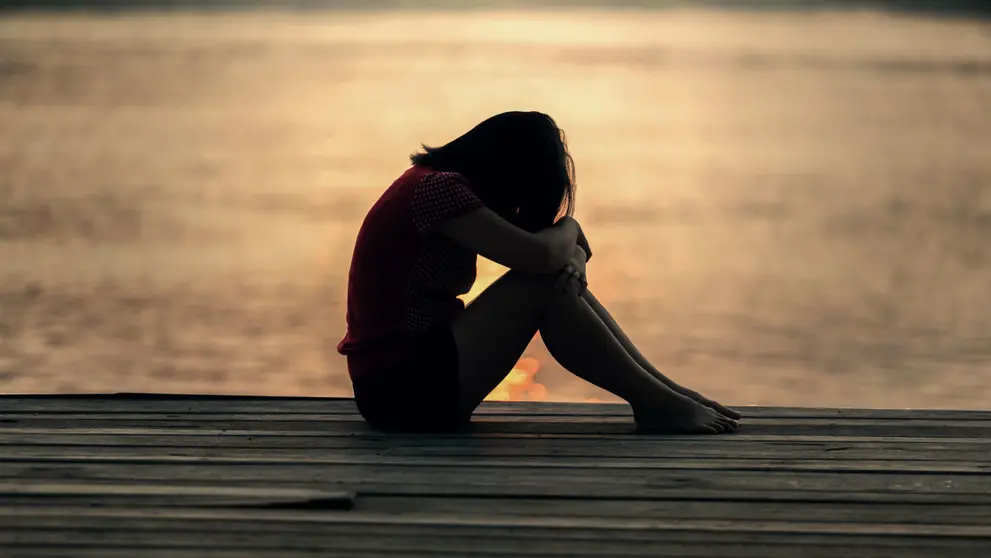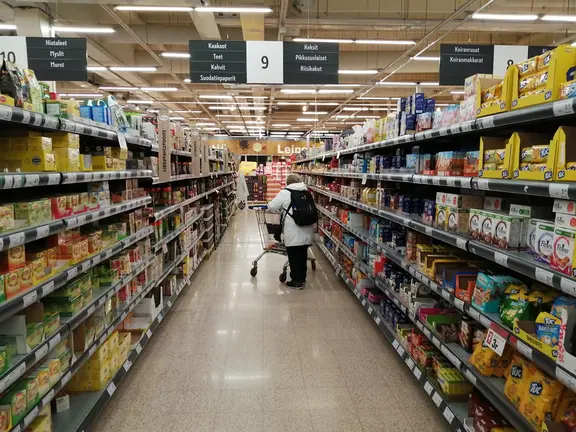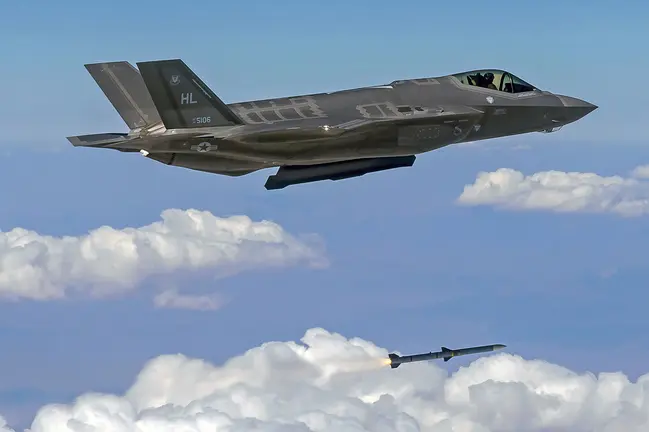Sexual abuse, forced criminal activity and forced marriages. These are forms of human trafficking encountered by children and young persons currently in Finland, according to a report on human trafficking in children and young persons in Finland prepared by the National Assistance System for Victims of Human Trafficking and the European Institute for Crime Prevention and Control (HEUNI).
This work is based on a questionnaire circulated among experts working with children and young persons, on expert interviews and on official statistics, according to the information published by the Finnish Immigration Service (Migri).
The report states that there are numerous children and young persons in Finland who are victims of human trafficking and related abuse. Between 2006 and 2018, 55 children (under 18) and 141 young persons (18 to 21) have been given assistance under the assistance system for victims of human trafficking. However, many more cases remain undetected, the experts insist.
"Because cases of human trafficking do not always come to the attention of the authorities, it is likely that there are many more child victims than are shown in official statistics. What makes detection difficult is that human trafficking is often understood as something separate from other kinds of abuse, such as the commercial sexual exploitation of children, even though these phenomena are actually very closely linked," says project manager Veikko Mäkelä.
The actual abuse may have been perpetrated in Finland, in the home country or country of origin, or en route to Finland. The victims also include Finnish children and young persons.
Victims to various forms of trafficking
Children and young persons are vulnerable and therefore liable to fall victim to various forms of human trafficking, from sexual abuse to coerced begging.
"What we have found in particular in Finland are children and young persons who have been sexually abused or forced into prostitution, forced into committing crimes or forced into marriage. One of the groups that emerged was the ‘runners’, young people on a placement who in running away from their placement location may fall victims to abuse," says researcher Elina Kervinen.
Yet the track record for identifying children and young persons who are victims of human trafficking, particularly those who are Finnish, is poor. Not one Finnish child (under 18) has been referred to the assistance system for victims of human trafficking, even though some cases proceeding to conviction have involved underage Finnish victims.
According to the study, there are several factors that increase the risk of a child or young person falling victim to human trafficking and related abuse. Children and young persons are vulnerable simply because of their age and developmental level. One thing to be stressed is that the abuser is often a person that the child trusts, such as a guardian, relative, acquaintance or other person perceived as safe.
"A history of abuse and violence, dysfunctional families, social exclusion and general ignorance increase the risk of children and adolescents falling victim to human trafficking, for instance. In the interests of combating human trafficking, there should be a low threshold for intervening in symptoms shown by children and adolescents and in all kinds of inappropriate treatment, so as to prevent situations from escalating into human trafficking," says Kervinen.
More training needed for authorities
The report recommends several improvements for the purpose of preventing human trafficking of children and young persons and related abuse. The various authorities, such as child welfare officers, prosecutors and courts, need more training concerning human trafficking of children and young persons. Multi-discipline cooperation must be improved, and resources added to preventive actions.
"Finland needs an action plan against human trafficking and a national level of coordination to provide individual operators with support and instructions of how to operate as part of a comprehensive system. Also, victims should be given support immediately when symptoms of abuse emerge," Mäkelä adds.
The report on human trafficking of children and young persons in Finland forms part of the IHME project of the assistance system for victims of human trafficking. The IHME project, which aims to improve the operational preconditions for anti-human trafficking efforts in Finland, receives EU funding from the Internal Security Fund (ISF-P).












